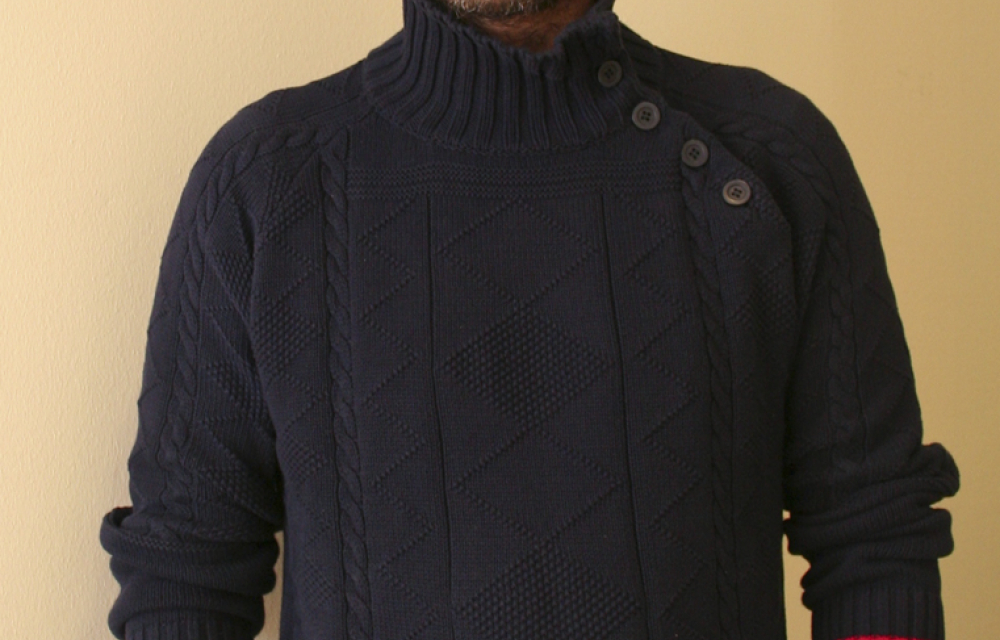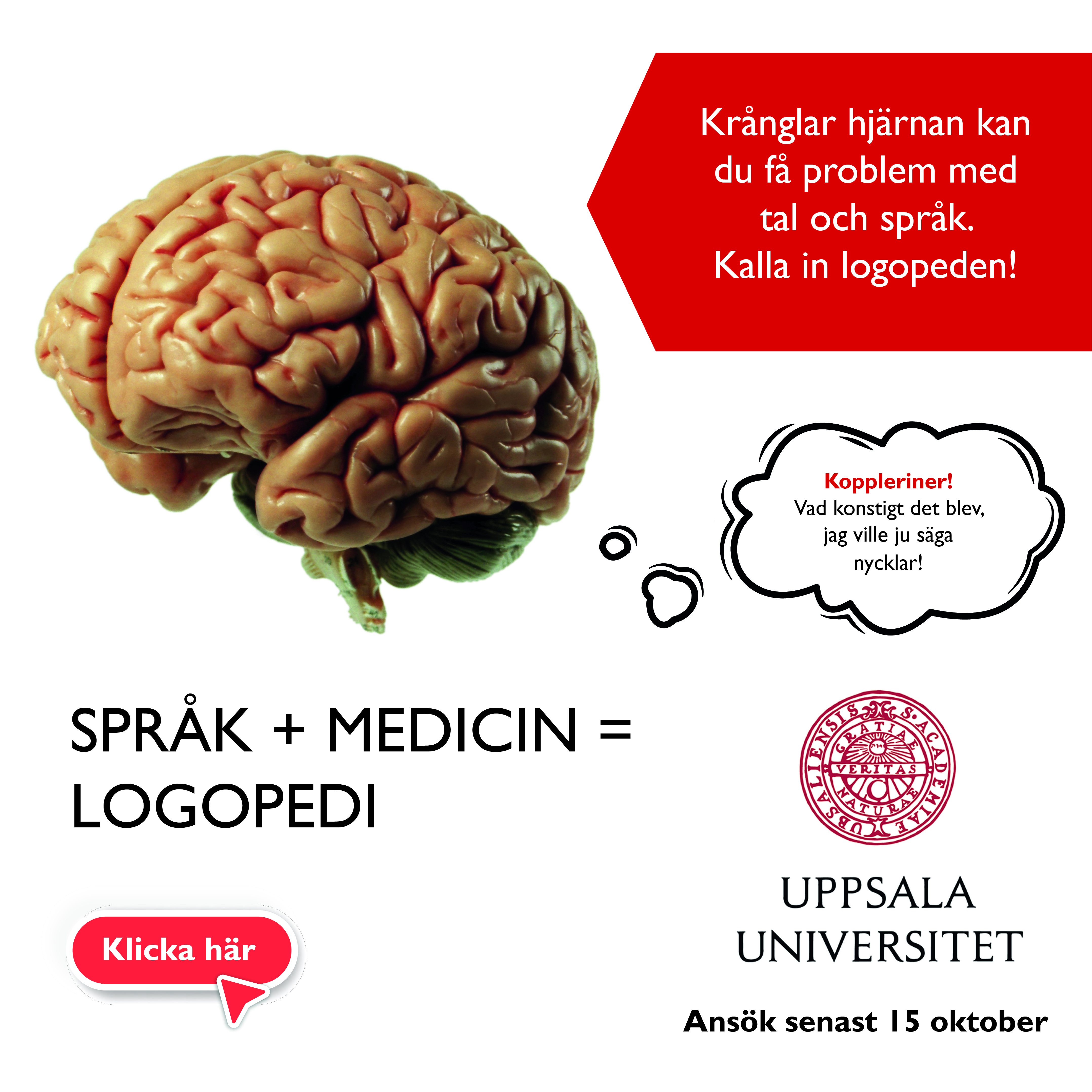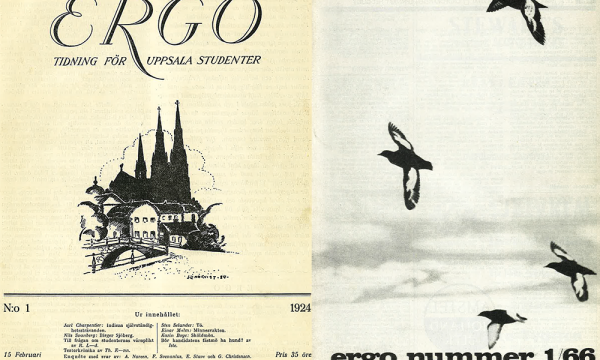The day thinking became too expensive
The last time that there was talk in Europe of getting rid of the Humanities it was in the 5th century CE, at the beginning of the so-called Dark Ages. It seems only fitting that now, as Europe faces a new period of decline, the Humanities are regarded again as a disposable commodity. With this argument, I do not expect to woo those who advocate the demise of the Humanities since history, by a modicum of coherence, cannot be among their interests.
In 2011 the major Swedish business lobby, Svenskt Näringsliv, proposed that the government should cut financial aid for Humanities students arguing that they would make poorly productive workers. The proposal was never implemented, but that glorious date will go down in Swedish history as the day in which thinking became too expensive. The assault on the Humanities –a form of cultural eugenics– is but one stage in the march for the institutionalisation of the profit motive in universities. The fact that some Humanities graduates in Sweden have been lobbying local companies with the argument that the Humanities are good for business, not only strengthens the profit rationale but it is also self-defeating. It buys into the idea that the only value to be considered is that which can be measured in economic terms. That might be the case in 20 years’ time, but as long as the humanistic disciplines are paid by tax money, the duty of the Humanities remains to be at the service of society at large as opposed to a particular subgroup in it. It seems to me that the task of the Humanities is not to improve balance sheets, but rather to generate critical thinking and new ideas.
However, I do agree with the critics of the Humanities in one point: things need to change. For too long, the Humanities have been lingering in the ivory tower of scholasticism and academia. The barrage of criticism is a wake-up call to reconnect the Humanities with the world of the living. For that purpose, I suggest we unearth Nietzsche’s notion of the philosopher as a physician of culture.
The logical follow-up idea would be to transform the Humanities into a health care unit. In a hypothetical health care unit of culture, historians would be in charge of elaborating the patient’s medical records, scholars in the arts would look at different forms of cultural representations to elaborate a diagnostic of the current condition and philosophers would finally take all the above into account in order to think up possible therapies.
I suggest that economism is among the first maladies that we urgently need to be cured from. We should keep in mind that the same drive for short-term profits that is threatening to turn the Humanities into a hobby is also making a killing –literally– at the expense of our planet.















